
Wilhelm Tell
'Wilhelm Tell' Summary
Die Handlung von Schillers Drama „Wilhelm Tell“ spielt in der Schweiz im 14. Jahrhundert. Der Habsburger Vogt Gessler unterdrückt das Volk. Wilhelm Tell, ein einfacher Bauer, weigert sich, sich vor Gesslers Hut zu verbeugen, und wird daraufhin verhaftet. Gessler zwingt Tell, einen Apfel vom Kopf seines Sohnes Walter zu schießen. Tell schafft es, den Apfel zu treffen, doch Gessler bemerkt, dass Tell noch einen zweiten Pfeil bei sich trägt. Er fragt Tell, wofür dieser gedacht sei, worauf Tell antwortet, dass er ihn für Gessler bestimmt hätte, falls er seinen Sohn getroffen hätte. Gessler lässt Tell daraufhin gefangen nehmen und nach Küssnacht bringen. Unterwegs kann Tell jedoch fliehen und erschießt Gessler mit seinem zweiten Pfeil. Tells Tat löst einen Aufstand im Volk aus, und die Schweizer können sich von der Herrschaft der Habsburger befreien.Book Details
Language
GermanOriginal Language
Published In
Genre/Category
Tags/Keywords
Authors

Friedrich Schiller
Germany
Johann Christoph Friedrich von Schiller was a German playwright, poet, and philosopher. During the last seventeen years of his life (1788–1805), Schiller developed a productive, if complicated,...
Books by Friedrich SchillerDownload eBooks
Listen/Download Audiobook
- Select Speed
Related books

Memorias de un Vigilante by Fray Mocho
This book offers a unique glimpse into the life of a police officer in Argentina during a specific era. Through a collection of anecdotes, the author...
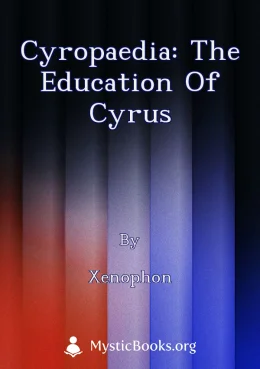
Cyropaedia: The Education of Cyrus by Xenophon
The Cyropaedia is a historical work written by Xenophon, an Athenian general and historian, which presents a fictionalized account of the life and edu...
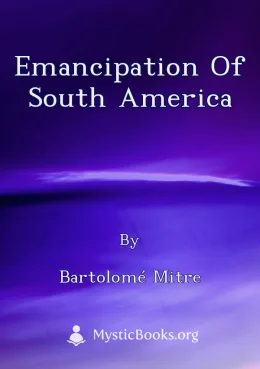
Emancipation of South America by Bartolomé Mitre
This book delves into the epic struggle for South American independence, focusing on the lives and campaigns of the key figures, particularly José de...
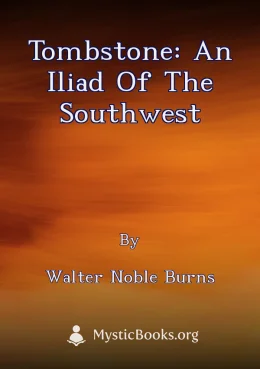
Tombstone: An Iliad of the Southwest by Walter Noble Burns
Tombstone is a historical account of the town of Tombstone, Arizona, during the 1880s, a period marked by violence and lawlessness. The book focuses o...
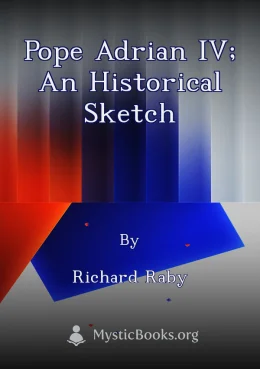
Pope Adrian IV; An Historical Sketch by Richard Raby
This historical sketch offers a concise account of the life and reign of Pope Adrian IV, the only English pope who ever reigned. Written in 1849, the...
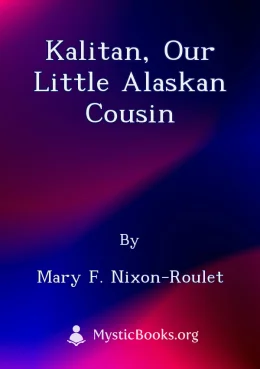
Kalitan, Our Little Alaskan Cousin by Mary F. Nixon-Roulet
Kalitan, Our Little Alaskan Cousin is a children's book that tells the story of the indigenous people of Alaska and their relationship with the United...
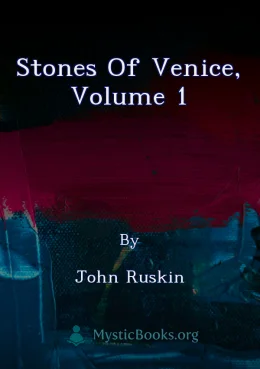
Stones of Venice, Volume 1 by John Ruskin
The Stones of Venice is a three-volume work by John Ruskin, renowned for its intricate analysis of Venetian architecture and its social and cultural s...
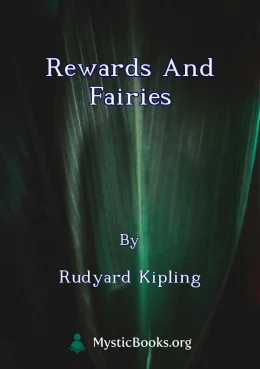
Rewards and Fairies by Rudyard Kipling
Joseph Rudyard Kipling (December 30, 1865 – January 18, 1936) was an English author and poet, born in India, and best known today for his children’s b...

The Wrong of Slavery, the Right of Emancipation, and the Future of the African Race in the United States by Robert Dale Owen
"The Wrong of Slavery" is a work written by Robert Dale Owen based largely off of the work of the Freedmen's Inquiry Commission where he served. It tr...
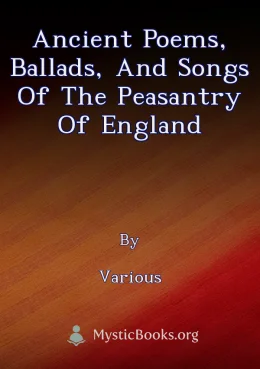
Ancient Poems, Ballads, and Songs of the Peasantry of England by Various
This anthology gathers a collection of traditional English poems, ballads, and songs, showcasing the oral poetry and music passed down through generat...
Reviews for Wilhelm Tell
No reviews posted or approved, yet...